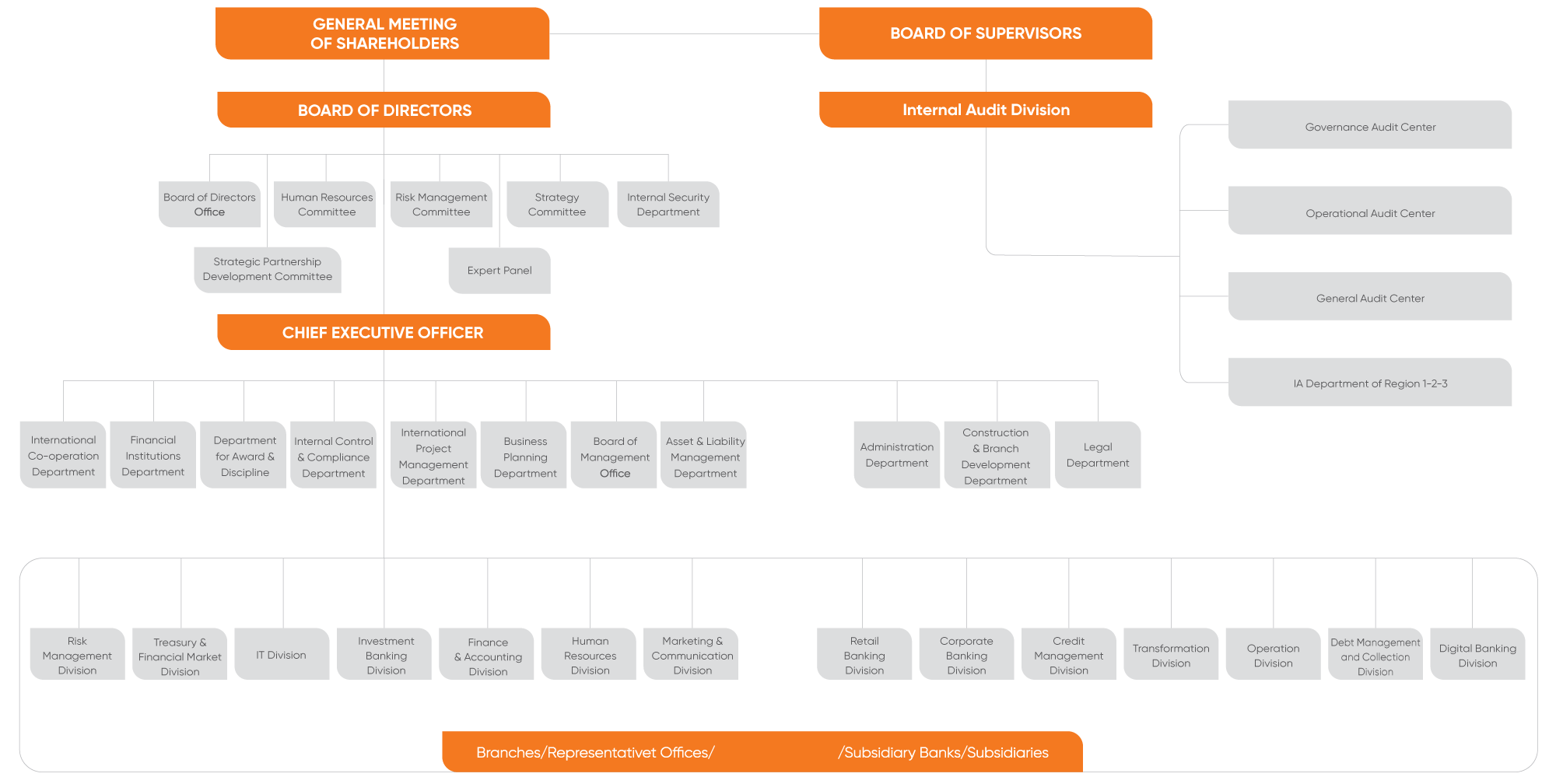State policies exert a significant influence on the financial
market and the growth of businesses and key economic
sectors. These policies entail various measures, including
enabling interest rate reductions, implementing solutions
to support bond markets, guiding policies to stabilize
markets, and facilitating favorable loan conditions for
businesses and priority sectors in accordance with state
directives. Priority sectors encompass manufacturing and
processing, agriculture, forestry, seafood, green energy,
high-tech agriculture, and clean agriculture.
(1) Extension of Circular 01 on Debt Restructuring, Interest
Exemption, and Reduction until June 30, 2022;
(2) 2% Interest Rate Reduction Program According to
Decree 31;
(3) Directive to Credit Institutions to Reduce Costs and
Balance Funds to Continue Interest Rate Reduction to
Support Businesses;
(4) Amendment of Circular 22 on Changing the LDR Ratio
Calculation to Reduce Interest Rate and Liquidity
Pressure through Circular 26, effective early 2023;
(5) Issuance of Circular 02/2023/TT-NHNN by the SBV at
the end of April 2023;
(6) Passage of the Amended Law on Credit Institutions by
the National Assembly on January 18, 2024;
(7) Implementation of Circular No. 06/2023/TT-NHNN;
(8) Support Policies, Investment Stimulus Packages, and
Financial Relief Measures, including Extension of the
Government’s 2% VAT Reduction Period;
(9) Government Support Policy through Decree 08/2023/
ND-CP and Decree No. 10/2023/ND-CP Amending
and Supplementing a Number of Articles of Decrees
Guiding the Implementation of the Land Law;
(10) Implementation of Decision 2345/QD-NHNN
Experts anticipate that credit growth in 2024 could range
from 13% to 14%, aligning with the projected annual GDP
growth of 6% to 6.5%. Notably, retail loans, including
consumer loans, home loans, and auto loans, are expected
to experience robust stimulation in a low-interest-rate
environment.































































